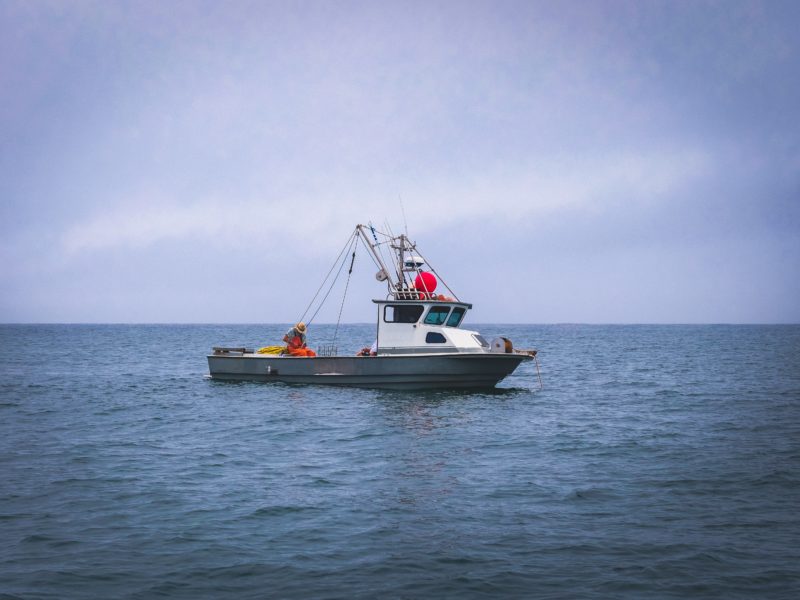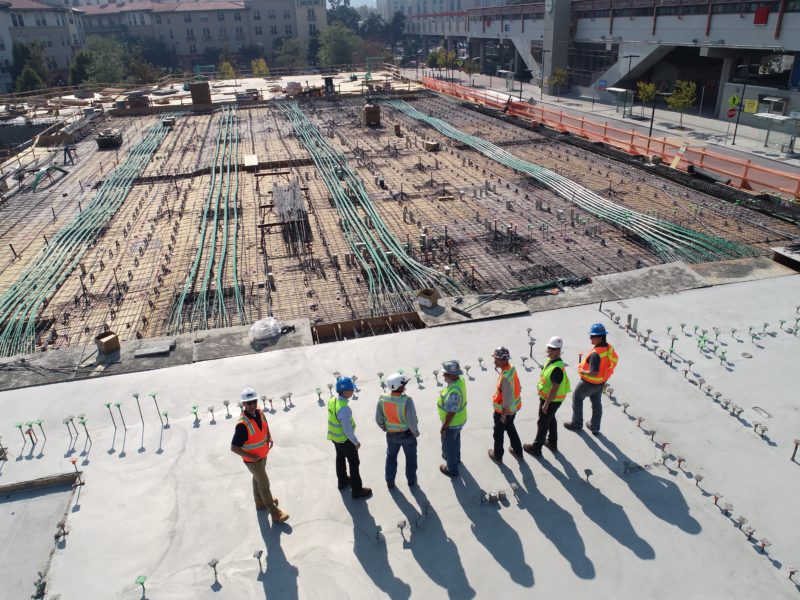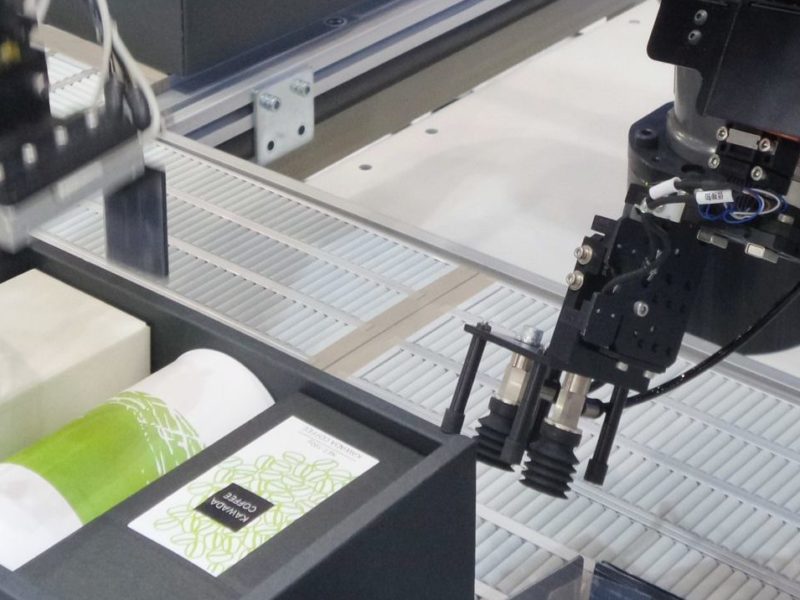The Conference Board of Canada
Research
Made in Nunavut: building Inuit skills for northern offshore fisheries and beyond
This case study analysis focuses on skills training for Nunavut’s commercial offshore fisheries, but the lessons learned are applicable to Nunavut’s inshore fisheries, broader marine sectors, and other Northern industries.
Research
Finding value: identifying and assessing social and emotional skills in the tourism and hospitality industry
This impact paper identifies the value of a focus on social and emotional skills (SES) recognition for employees and employers and examines assessment frameworks, approaches, and platforms that can support SES credentialing in the tourism and hospitality industry.
Research
Searching for strengths: gaps and opportunities for social and emotional skills development in the tourism and hospitality sector
This briefing identifies gaps and strengths in social and emotional skills across occupations in the tourism and hospitality industry to be able to help displaced workers transition to new roles.
Research
Skills development in the North: an ecosystem shaped by distinct challenges
The Northern skills ecosystem is shaped by distinct challenges. This primer discusses how these challenges affect the ability of Northern skills ecosystems to respond to change.
Research
Technological Change in the North: How STEM Skills Can Help Indigenous Workers Adapt
The economy in Northern Canada is changing. Sectors, such as mining, forestry, and tourism, can quickly expand or contract. Advancing technology is one factor driving
those changes.
Research
Responding to Automation: Building a Cleaner Future
The Future Skills Centre and the Conference Board of Canada research the paths that workers could take to transition into sectors that are growing rapidly, starting with the clean economy.
Research
A Path Forward - Job Transitions in Canada
Most Canadians who want to make a career transition have viable and desirable options, especially if they possess, or are willing to learn, the skills, abilities, tools, and technologies required for their destination occupation.
Research
Rising Skills: Digital Upskilling for Advanced Manufacturing Workplaces
Tradespeople need 21st-century digital skills to adapt to today’s more technologically advanced manufacturing sector. This summary looks at ways to strengthen training in Canadian manufacturing.
Research
Responding to Automation: Technology Adoption in Canadian Industries
We examine some of the determinants of automation and its impact on Canadian occupations and industries.










